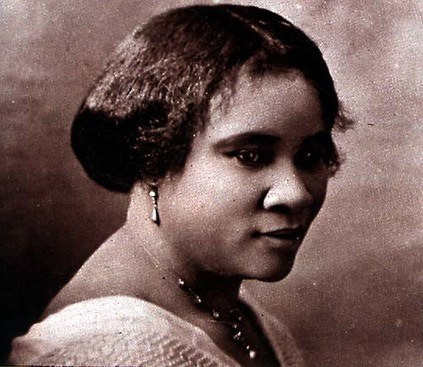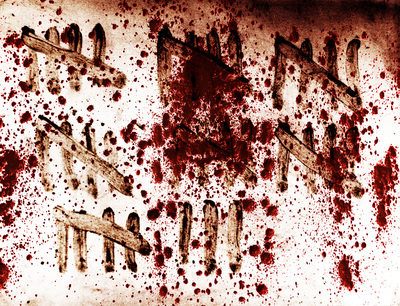|
May 28, 2015
|
From the Inkwell of: Bartholomew J. Worthington III
|
-
Home
- Learn To Fish
- Shoulders of Giants
-
Mind On My Money
- 6 Terms to Master Financial Literacy
- Black Wealth By The Numbers
- Blackonomics 102: State of The Black Owned Businesses
- Blackonomics 101: State of the Black Economy
- 25 Resources For Getting Your Business Off the Ground
- Black Investing 101: Invest In Stocks For Your Kids
- How to Introduce Your Child to Money - Infographic
- Black Investing 101: Invest In Companies You Support
- Black Personal Finance 101
- Getting on Track
- Managing Debt >
- Understanding Credit >
- Unruly Intellectual Blog






